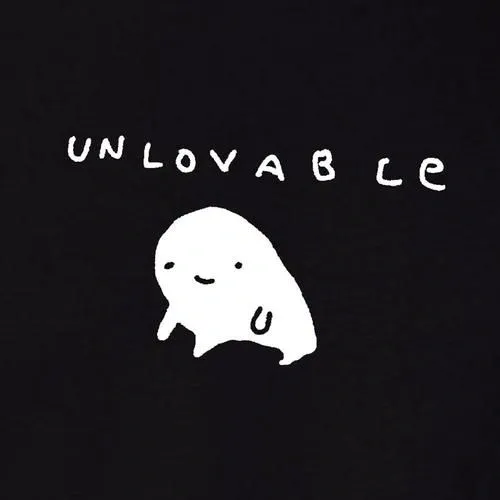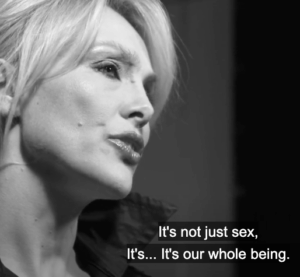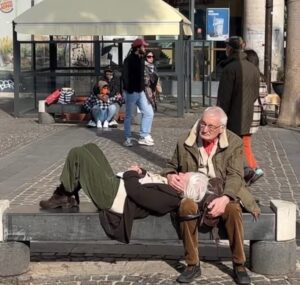We all want love. But for some, the moment it gets too close, something inside pulls away. The words may be kind, the gestures sincere, but instead of comfort, they trigger panic or disbelief. Let’s explore how deep childhood wounds distort our ability to receive love, why we push it away even when we crave it, and how this fragile trust begins to grow again.
A Moment in the Therapy Room
Client: “I’m not lovable. You’re just being polite.”
Therapist: “But I genuinely feel warmth and admiration for you. I see you. I like what I see.”
Client: “That can’t be true. You don’t know the real me. You’ll be disappointed. Can we talk about something else?”
This kind of exchange is more common than many expect. It’s not just modesty or low self-esteem. It’s a deep psychological wound — a childhood attachment trauma — that whispers, “Love is dangerous. If someone sees the real me, they’ll leave.”
When the Early Message Is: “You’re Too Much. Or Not Enough.”
Attachment trauma begins early, often before we can even name it. It forms when our caregivers were inconsistent, critical, absent, or themselves overwhelmed. The child learns to internalize the problem: “If love is painful, maybe it’s me.”
This creates a core belief: “I am not lovable as I am.”
As adults, we carry this silent rule into every relationship — even the ones that seem safe. Especially those.
Why We Long for Intimacy — and Then Run from It
Adults with early attachment wounds often feel trapped between two deep needs:
- The need to be loved and seen.
- The fear that being seen will lead to rejection or engulfment.
This results in what looks like ambivalence:
- Saying yes to connection but pulling away emotionally.
- Accepting care but refusing to believe it’s real.
- Craving closeness but only allowing controlled, “safe” interactions — like professional or distant roles.
It’s not manipulation. It’s protection.
What Love Feels Like When You’re Afraid of Losing It
For someone with attachment trauma, love can feel like walking into a trap.
They may think:
- If I accept love, I’ll owe something I can’t give.
- If I let them close, they’ll hurt me like before.
- If they really knew me, they’d run. I am worthless and unlovable.
To avoid that pain, they may:
- Keep people at arm’s length.
- Stay in relationships that feel “safe” because they’re emotionally shallow.
- Offer love but not allow it to be returned.
It’s not that they don’t want love. They’ve just learned to expect that it comes with conditions, pressure, or loss.
Gentle Questions for Those Healing This Wound
- Do I feel I have to “earn” love?
- Do I shut down when someone is kind or interested?
- Do I fear being a burden more than I long for closeness?
- Do I allow myself to be cared for — without giving something in return?
These questions aren’t meant to shame, but to open. Awareness is the first soft step toward change.
Believing you’re unlovable isn’t a truth. It’s a wound. And wounds can heal.
If you recognise yourself in this, you’re not broken — you’re a human being shaped by early messages that no longer serve you. In therapy, I don’t demand you believe in love. I just offer space for the possibility to return.
And if that sounds like something your heart is finally ready for — even just a little — I’m here. Contact me. Warmly, Ksenia Trefilova




